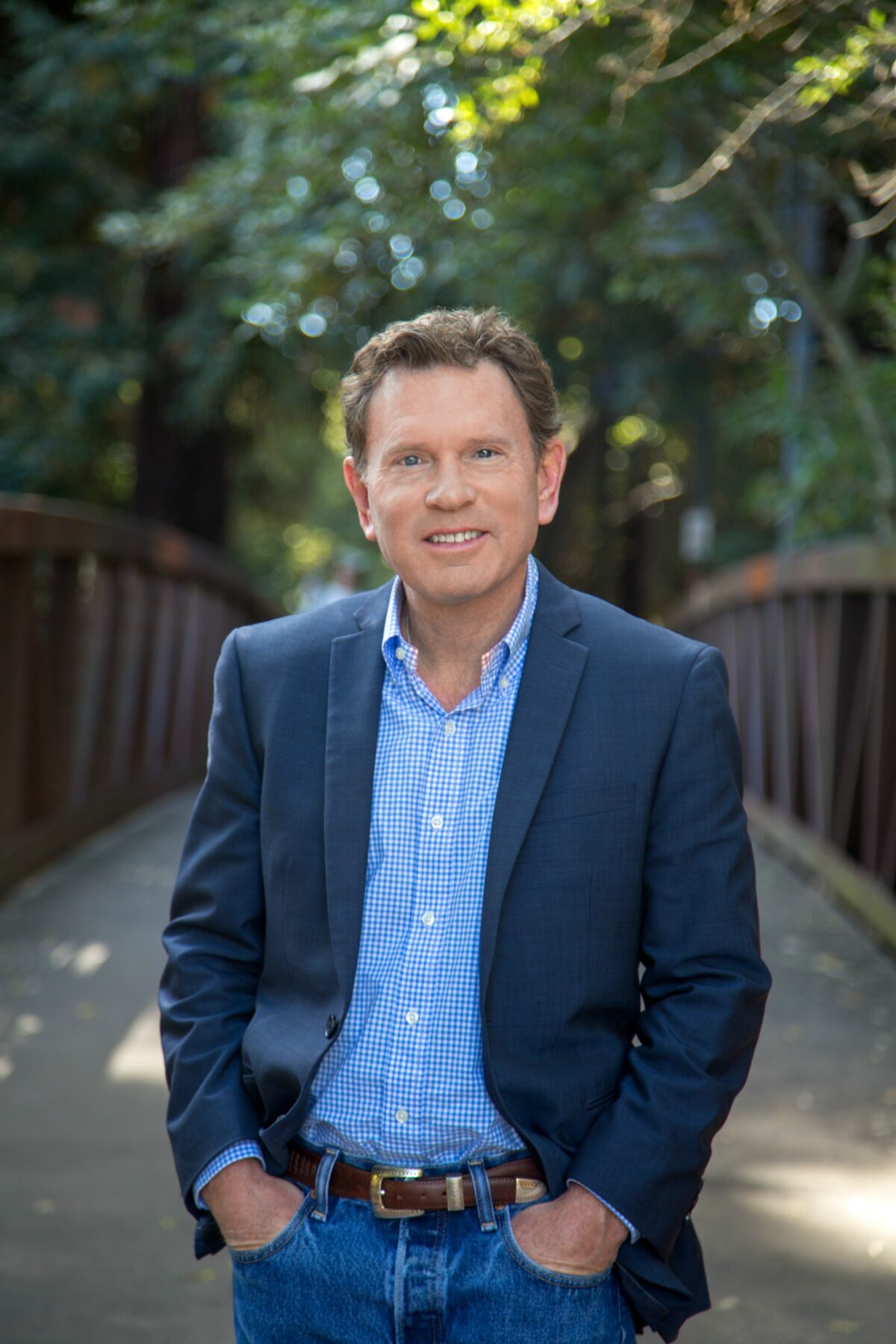I spend a fair amount of time in Israel these days since my youngest son, Coby, moved there for good about five years ago. After going to college in the lovely seaside town of Herzliya, he is in the midst of doing his obligatory military service in the vaunted Israeli Air Force.
Last month, while I’m there visiting, Coby surprises me: In his headquarters, along with his commander, I pin on his third stripe, making him the equivalent of a sergeant. Coby grew up an aviation junkie after receiving a flight simulator for his Bar Mitzvah and then getting his pilot’s license at 17. He plays an important role in the highly touted force, and I look at him with envy and pride.
The next day, with Coby having a few days leave, we walk the neighborhoods of Tel Aviv from north to south. The streets are crowded with taxis honking at seemingly nothing, as if addicted to punching the center of their steering wheels, and endless numbers of app-rented scooters fly in and out of traffic—with no one wearing helmets. You can anticipate the crashes with certain regularity and indeed, there is one right in front of my hotel. The people are young and beautiful, and children are everywhere. What is noticeable to me—with all the talk and reality of California—is that you see no homeless people and no one asking for money. It is in stark contrast to here.
Early the following morning we load up our Czech-made Škoda Karoq SUV for an overnight trip to the Golan Heights and head out from the city. The highways of Israel are pristine and beautiful, elegantly planted with native shrubs, trees and flowers, and there is little to no trash on them.
While Coby and I are en route, I ask him if he has ever really stopped to think why he is here in Israel, living 7,500 miles and a 14-hour plane ride away from his brother, two sisters, nieces and nephews, and, of course, his mother and father.
Coby—like me—is a quiet, reflective, inward man. He shrugs his shoulders like he does when I ask him things, but I persist since we are an hour away from our destination. I turn the question around enough times until he finally answers me. He says that at home, he would get married, buy a house, have children and do what everyone else was doing.
But here, he tells me, he is traveling his own path, living an adventure, helping to build something. Here, he goes on, he is needed. I tell him that I understand, and I mean it. Purpose is a hard thing to find in life.
We are low on gas. The hardest thing to do in Israel is to fill up at the gas station. Why, in this tech-leading country this is so, no one knows. But it is a fact. And not just for visitors. I have yet to try to do this simple task—even with my Hebrew-speaking son—without it turning into an insurmountable chore. Most Israelis cannot figure it out either and so you are forever going back and forth over the intercom system, asking for help, going into the station to hunt out a person for assistance, or sometimes just giving up, driving away to the next hopefully easier-to-use station.
We make it to our destination, Merom Golan, a 50-year-old stunning kibbutz-resort up near the Syrian border. We have a charming cabin for the night, and I feel as though I’m in Yosemite. The kibbutz—really more of a cooperative now where people do not share their earnings per se—has thousands of acres planted in dozens of crops, including their latest effort, truffles. My son and I find a tiny restaurant where, sitting alone, we eat hamburgers and fries and watch the sun go down on the golden hills.
The next day we are up early and after a huge Israeli breakfast, we look for and find Eitan, an Israeli intelligence officer, who is going to give us a tour of the Israeli/Syrian border. We get in his Range Rover and follow rugged trails and cross defense barriers until we reach a desolate and now unused bunker. We go inside and the underground space is astounding, enough room for a battalion to find safety from oncoming missiles. From there, we can view Syrian towns and a rare car traveling along a distant road.
We eventually return to the kibbutz where we say goodbye and I sit down and rest for a few minutes, nauseated from the long and unsettling ride. Though there is much more to do and explore on the kibbutz, we must head back in order to reach my brother-in-law’s home in Modi’in for Shabbat. I turn up the car’s volume and together my beloved son and I sing ’60s tunes, our favorites, and I get tears in my eyes, already missing him. Halfway there, I check the fuel and see that we can easily make it without having to fill our tank. I smile with relief.


